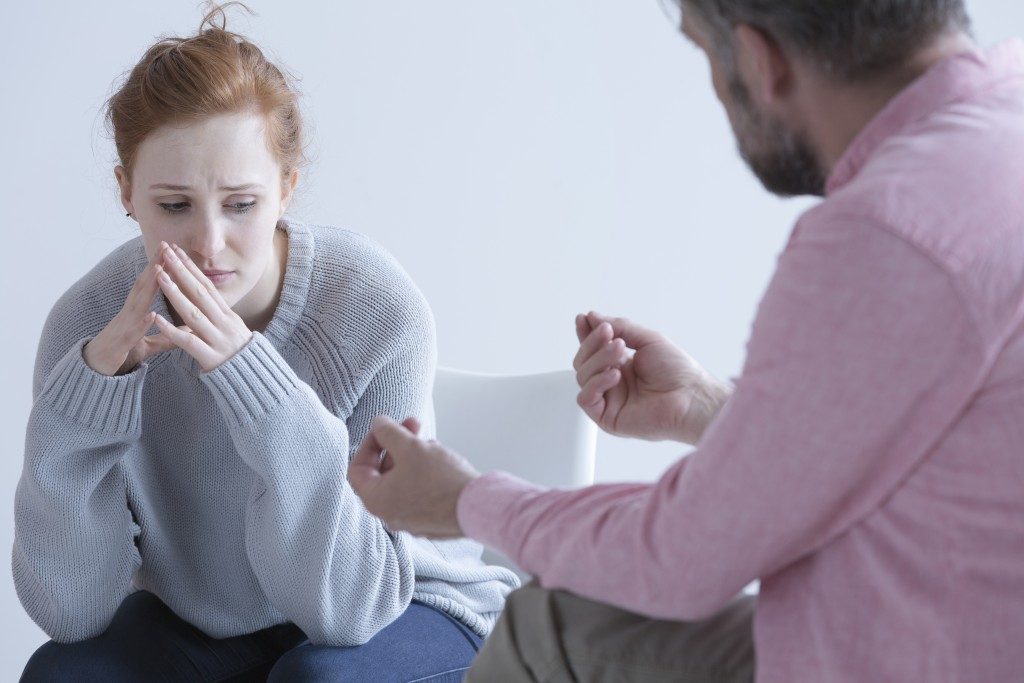Some diseases, especially the physical ones, are easily diagnosed and treated with medicine and therapy. However, the treatment of illnesses that involve behavior and the mind, such as eating disorders, is a more delicate process. There are many more factors involved that can help or impede a patient’s recovery. One of these factors is the presence of care and support from a loved one. Since eating disorders affect how people relate with themselves and others, emotional and moral backup have a greater impact on treatment. Should your loved one be one of the people who suffer from any eating disorder, here are some steps that you can take to become a better caregiver for them:
Camaraderie
Your loved one will need companionship now more than ever. Let them know that they’ll be capable of recovering. Whenever they’re feeling down and losing hope for their eventual wellness, be there to provide support. If they need someone to accompany them to the various treatment programs for anorexia nervosa and other eating disorders, be there for them. Take note that you don’t need to force any solutions on them. Be there to support them and encourage them to keep going in the right direction. You’ll surprise yourself at what even a tiny gesture can do to their well-being.
Recovery with Nature

Experts have observed that exposing one’s self to the beauty of nature does wonders to a person’s health, both physical and mental. If you have the chance, take your recovering loved one to a camping trip or even a brief walk in the park and let them vent. Let the calming scenery and fresh air do their magic on them as they express their feelings for their own peace of mind. You can also suggest activities that will bring nature closer to where you are, such as taking care of plants in a garden or adopting pets such as dogs and cats.
Empathy
The last thing that your loved one wants from you is your pity, as it will only make them feel worse, even if your intentions are good. Even if they currently don’t give it to their own selves, they desire the same level of respect that normal people get, and it’s only right that you give it. Of course, you still have to watch out for any signs of relapse. Try to find the perfect balance so that you won’t compromise anything. Even you may have gone through a prolonged bad experience as well, so use that as a basis for your empathy.
There’s more to recovery from eating disorders than what the doctor’s orders are. As your loved one’s caregiver, your job is to create a warm, encouraging environment and provide them with the emotional support that they need. This is an uphill battle for the entire family, so you have to let them know that you’re right behind them in every step of the way. The people around the patient are there for them to live together with after all.

